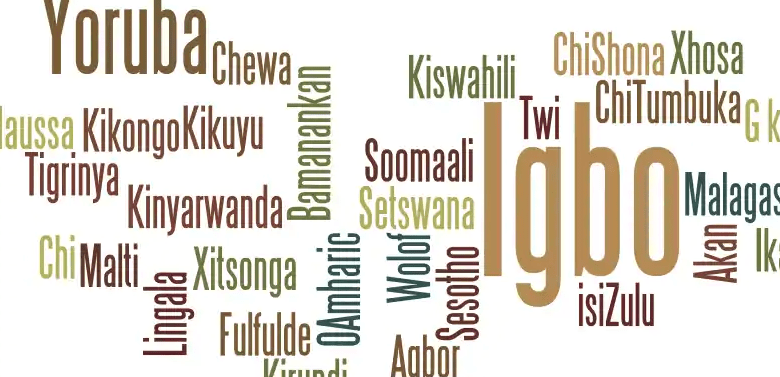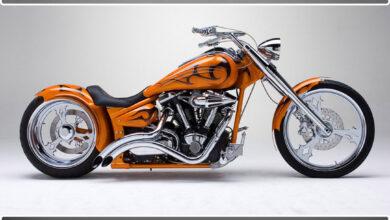
15 Top Languages in Nigeria
15 Top Languages in Nigeria – Nigeria, as one of the most linguistically diverse countries in the world, is home to over 520 distinct languages. This linguistic diversity serves as a testament to the country’s rich cultural heritage and multi-ethnic composition. Here, we delve into the top 15 languages spoken in Nigeria, each adding unique colors to the nation’s vibrant linguistic tapestry.15 Top Languages in Nigeria
Top 15 Languages in Nigeria
1. Hausa:
As one of Nigeria’s three major languages, Hausa is predominantly spoken in the northern regions of the country. It serves as a first language for the Hausa people and is widely used as a lingua franca by various ethnic communities in the area.Information guide Nigeria
👉 Relocate to Canada Today!
Live, Study and Work in Canada. No Payment is Required! Hurry Now click here to Apply >> Immigrate to CanadaRead Also: The 15 Best Chocolate Shops in Nigeria
2. Yoruba:
Native to the southwestern states of Nigeria, Yoruba is the mother tongue of the Yoruba people. It is a tonal language with a rich oral tradition, known for its complex system of verbal derivations.Romantic love message
3. Igbo:
Spoken by the Igbo people of southeastern Nigeria, Igbo is the third major language of the country. It is known for its numerous dialects, which sometimes differ significantly from one another.Good morning My Love Message
4. Fulfulde (Fula):
Fula or Fulani is spoken by the Fulani people, a widespread ethnic group found mostly in northern Nigeria and other parts of West Africa. The language has a complex system of nominal and verbal affixes.NYSC Portal
5. Kanuri:
Kanuri is spoken by the Kanuri people, who live in northeastern Nigeria. It is one of the largest languages of the Nilo-Saharan language family.
Read Also: 15 Best Wireless Microphone in Nigeria
6. Ibibio:
As the principal language of Akwa Ibom state in the south, Ibibio is spoken by about 1.5 million people. It is part of the Cross River language family.
7. Ijaw:
Ijaw is the language of the Ijaw people who inhabit the Niger Delta region. It has several dialects, each with its own distinct pronunciation patterns.JAMB portal
👉 Relocate to Canada Today!
Live, Study and Work in Canada. No Payment is Required! Hurry Now click here to Apply >> Immigrate to Canada8. Tiv:
Spoken by the Tiv ethnic group in the Benue state and its surrounding areas, Tiv language is notable for its elaborate system of kinship terms.
9. Edo (Bini):
Edo, or Bini, is the primary language spoken in Edo state. The language is a member of the Edoid language family and is spoken by the Edo people.
Read Also: Top 15 Modelling Agencies in Lagos
10. Nupe:
Nupe is spoken by the Nupe ethnic group, primarily in Niger state. It belongs to the Nupoid group of languages, which is a branch of the larger Niger-Congo language family.
11. Igala:
The Igala language is spoken in Kogi state, primarily by the Igala ethnic group. It is classified within the Yoruboid cluster of languages.
12. Ebira:
Predominantly spoken in Kogi State, Ebira belongs to the Nupoid group within the larger Niger-Congo language family.
Read Also: 15 Best Soaps for Brown Skin in Nigeria
13. Gwari (Gbari):
The Gwari language, also known as Gbari, is spoken by the Gwari people, a major ethnic group in Niger State and the Federal Capital Territory.
14. Urhobo:
The Urhobo language is spoken by the Urhobo people of Delta State. It is part of the Edoid cluster of languages within the Niger-Congo family.
15. Itsekiri (Itsekri):
Itsekiri is the native language of the Itsekiri people living in Delta State. It has linguistic influences from Yoruba, Portuguese, and English.
Read Also: 15 Best Soaps for Brown Skin in Nigeria
Conclusion
Nigeria’s linguistic diversity reflects its complex history, vast cultural richness, and multi-ethnic makeup. These top 15 languages, each unique in its structure, usage, and cultural context, contribute significantly to the intricate linguistic tapestry of Nigeria. They serve as vibrant symbols of the country’s cultural heritage, facilitating the transmission of traditions, values, and social norms across generations.
Check JAMB RESULT
Check and Confirm: How much is Dollar to Naira








